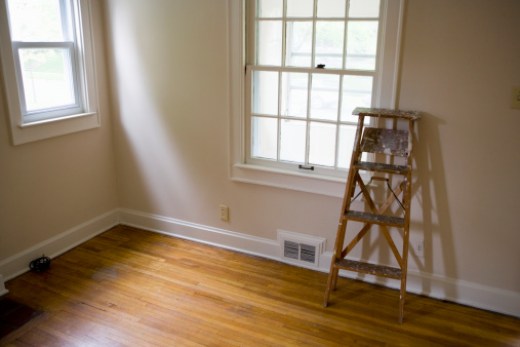does the county put a lien on property if they have to clean it?
What to Do If a Contractor Puts a Lien on Your House

If a contractor puts a lien on your house, you'll have to fight to keep your house out of foreclosure. Here's how to defend yourself.
Here's a scary scenario: You've just completed a home improvement project and paid the contractor in full for the work. But the contractor skips out without paying one of his subcontractors.
Next thing you know that subcontractor puts a lien on your house -- a legal claim against your property that could force your house into foreclosure if you don't pay the debt yourself.
Scary scenario #2: You're not getting the best work from a contractor, so you don't pay them the remaining portion of what they're owed. In a surprise turnaround, the contractor files a "mechanic's lien" to force the remaining payment.
If a contractor puts a lien on your property, here's how to respond:
Have a Construction Lawyer Check the Lien
"Contractors have to follow certain procedures for the lien to be valid," says Tampa attorney George Meyer, past chair of the American Bar Association's Forum on the Construction Industry. "It's not uncommon to find that the lien is invalid because a deadline was missed or some other technicality is wrong."
You'll pay around $1,000 to have an attorney review the lien and get it thrown out if it's invalid, a process that usually happens within 60 days of the lien being recorded.
If the Lien is Valid, Here Are Your Options
Your lawyer will help you decide whether to fight the lien in court or negotiate a settlement. The decision depends largely on which state you live in. In some, you may be able to fend off a lien if:
- You prove that you've paid your construction bills fully and on time.
- You prove that the contractor who filed the lien has breached their contract and doesn't deserve to be paid.
What Does Legal Action Cost?
You'll be looking at legal fees that range from $5,000-$15,000. For small disputes, it may be worthwhile to negotiate a settlement rather than going before a judge.
If you've already paid your general contractor in full, you can sue the general contractor to recover any losses incurred by a subcontractor's lien -- assuming the general contractor hasn't filed for bankruptcy or disappeared -- and file a complaint with the state contractor licensing board.
Related: Contractor Dispute? Local Licensing Authorities are on Your Side
What Could Go Wrong
If you haven't followed every payment procedure spelled out in the statutes, you may be required to pay a subcontractor who's filed a lien, even if you've already paid the general contractor for the work.
The contractor could sue you for breach of contract in a separate proceeding even if you get the lien thrown out.
How to Avoid a Lien with a Lien Waver
The best way to protect yourself from a mechanic's lien is with a lien waiver. This is a legal document furnished by the contractor or subcontractor at your request.
There's no cost to you and no need for an attorney to review it first. By signing a lien waiver, a contractor or subcontractor agrees that they've been paid in full for work completed and that they no longer have the right to file a lien against your house.
Problem is, to fully protect yourself you'd need to get a lien waiver from your general contractor and another from every subcontractor and supplier for each payment you make on the project. That's a lot of paperwork -- and something that almost no homeowner bothers with.
Your best bet is to get waivers from the general contractor, and preferably from the subs and suppliers with the biggest chunks of your project.
To do that, you'll need to discuss the matter with your general contractor early in the process and add a line to the remodeling contract stating that no payments will be made without lien waivers from x, y, and z contractors.
If You Decide Not to Collect Lien Waivers
Ask your general contractor whether they'd allow you to pay each of their subcontractors and suppliers directly. This won't totally protect you from liens, but it avoids a situation where the contractor stiffs one of their subs.
The contractor may say no to this arrangement so they can mark up the various elements of the job at their discretion. Or they might be fine with it, since it saves them some housekeeping work -- and means they don't have to lay out the money required to pay their bills before receiving their pay from you.
To protect yourself, always collect invoices and receipts from everyone you pay directly.
Related: 5 Essential Questions to Ask Before Hiring a Contractor
does the county put a lien on property if they have to clean it?
Source: https://www.houselogic.com/remodel/budgeting-contracting/what-do-contractor-puts-lien-on-house/
Posted by: walstonlond1985.blogspot.com

0 Response to "does the county put a lien on property if they have to clean it?"
Post a Comment